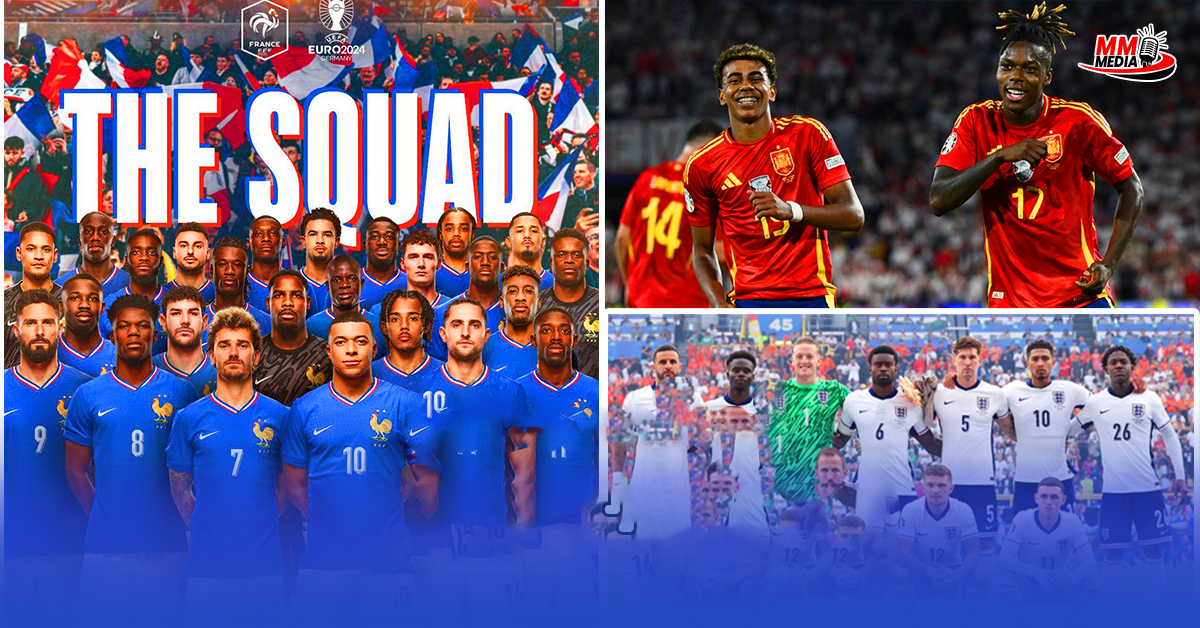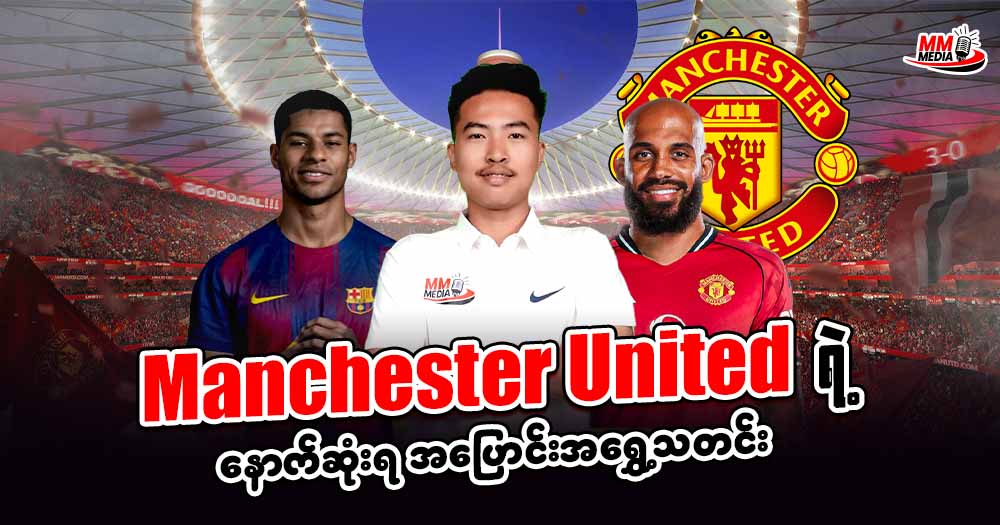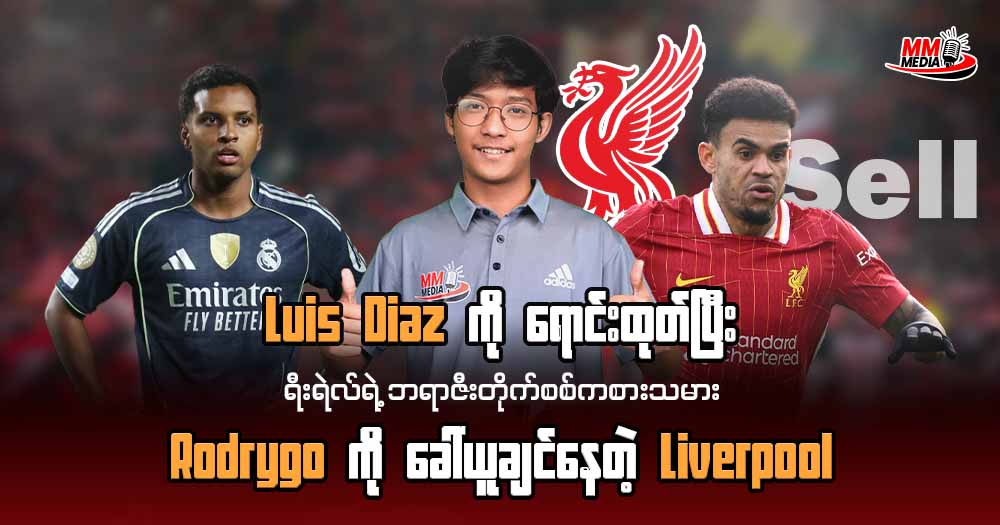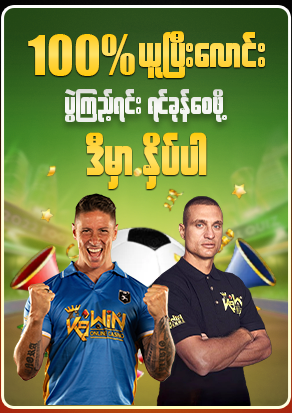National teams and foster players

The issue of national teams and foster players has become quite a hot topic lately. Especially when local teams are increasingly using such players. In fact, it is also the case in the world. It is also seen in many developing countries. It has a lot to do with the preferences and attitudes of those countries towards foster players. When talking about foster players, we have to think about what kind of players are called foster players and how they are called.
The most notable examples are the German players like Klose, Podolski, and Kornnyi. Klose and Podolski were born in Poland to Polish parents, but their parents immigrated to Germany and grew up in Germany and chose to play for the German national team. Kornnyi was born in Brazil, but his father is German. His mother is Panamanian. His father is German, but he has Hungarian blood. There are also complicated issues like this.
In the current regional teams, the most talked about adoption issues are Singapore and the Philippines, and later Indonesia.
Singapore does not have much to say. Singapore is a country with only citizens, and with their small population, they can get talented human resources from outside, so they adopt as much as they can. When Singapore separated from Malaysia, the indigenous people of Singapore were considered Malays, but today Singapore is made up of a diverse group of people, including Indians, Chinese, European Caucasians, etc. So it is natural for their national team to have such players.
For the Philippines, if you know their history and current situation, it is not unusual for them to have white and black players. Later, Indonesia has a little more to talk about. Their team's 21-year-old striker Rafael Willem-Alexander was born in the Netherlands. His lineage is a bit complicated. His mother has Surinamese and Javanese blood. His father also has Indonesian blood. In fact, Indonesian and Dutch are historically inseparable. The Dutch were among the colonies that changed the history of Indonesia. So it is not surprising that a player with Dutch and Indonesian blood has represented Indonesia.
Right winger Victor Dethon was born in Indonesia and his father is Indonesian. Striker Ronaldo Quatrec's father is Liberian footballer Roberto Quatrec, but he was born in Yogyakarta, Indonesia. The team's goalkeeper Martin Vincent Pace is of Dutch-Indonesian descent on his grandmother's side. He was born in the Netherlands. Defender Mees Heijer is of Indonesian descent on his mother's side. Although he looks white, midfielder Thuan Jan Marines Haye also has Indonesian blood. Kevin De Gea, the defender who currently plays for Danish club Copenhagen, was born in the Netherlands, but his mother is of Indonesian descent. That much is clear.
The main issue with adoption is the ideological issue of whether or not a person of full indigenous blood can be considered a natural child. If so, then the white players in Australia are all adopted children. This is because Australia was colonized by the British and then the whites arrived. So this issue has a lot to do with how people view it. Calling mixed-race people adopted children is a very outdated view in the 21st century. In fact, pure blood has not existed for many centuries. All of us are, if we look at it, at least two ethnic groups.
Another important perspective on adoption is the view of race and nationality. Some see it from a perspective that prioritizes ethnicity. Others see it from a perspective that prioritizes citizenship. The citizenship laws of the respective countries that determine what information is required to be eligible for citizenship will be important. If they issue a citizenship card according to their laws, this player will be allowed to represent the country. We have seen this in France. Another difference is that the world-famous Messi, who plays for Argentina, is of Italian descent. He comes from the Cudicini clan.
If we look at it from a narrow perspective that only indigenous people can represent the country, then we will be excluding non-indigenous people who are not indigenous but have been in the country for a long time and will lose their human resources.
The problem of national teams and foster children is actually an ideological problem, a tension between old-fashioned nationalism and modern citizenship.
#mmmedia
နောက်ဆုံးရသတင်းများ



𝐋𝐮𝐢𝐬 𝐃𝐢𝐚𝐳 ကိုရောင်းထုတ်ပြီး ရီးရဲလ်ရဲ့ ဘရာဇီးတိုက်စစ်ကစားသမား 𝐑𝐨𝐝𝐫𝐲𝐠𝐨 ကိုခေါ်ယူချင်နေတဲ့ 𝐋𝐢𝐯𝐞𝐫𝐩𝐨𝐨𝐥


